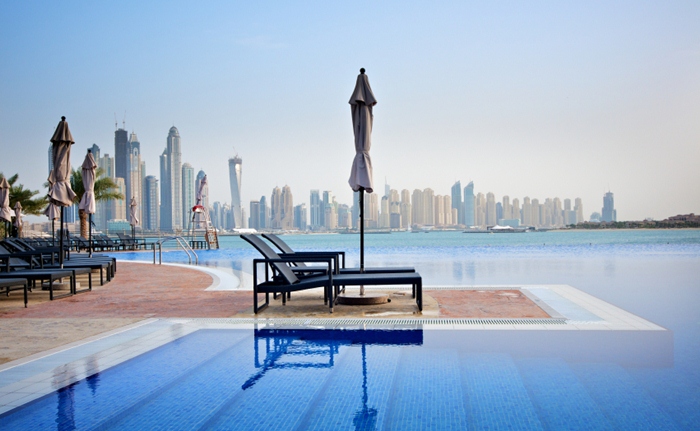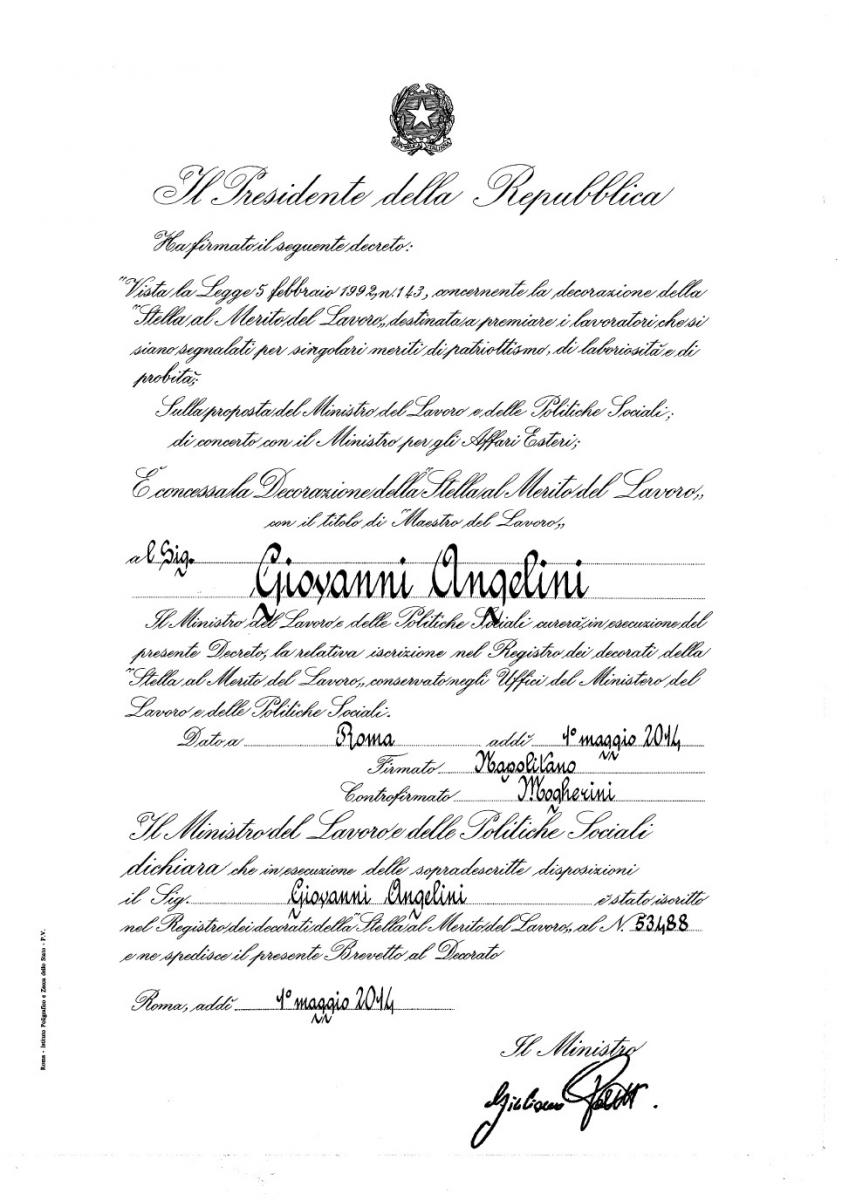(By G. Angelini, 2012)
Hospitality is about service and welcoming customers with a positive and pleasant attitude and delivering the product promise in a most caring, gracious and efficient manner.
The hospitality industry covers a wide range of organizations offering hotel accommodation, food service, tourism, entertainment, recreation and others. It is a labor intensive industry and, in most cases, it operates on 24/7 basis. It is a very competitive and demanding industry that, like all other industries, has to generate profits and a return on investment.
As an industry that provides an experience for its customers, one of its key functions is to generate loyalty to the product and service. The hospitality product is perishable and the industry must sell its product every day as “one room or one restaurant seat not sold today is gone forever”. The industry is also a business that has to listen and respond to the ever changing customer’s needs and demands.
The hospitality industry is where employees come first. It must carefully select employees who possess a positive attitude and who are caring emphatic and trustworthy. It must ensure its employees have a specific emotional skill set, a strong work ethic , are respectful and provide close attention to details. Employees should work as a strong, unified team and should be well compensated for their efforts.
As with all other industries strong and consistent leadership is the key to success. However the hospitality leader has to exhibit a wide range of competencies and behaviors. He, or more often than not she, has to be visible, resourceful, be able to maintain poise and calm under pressure, lead by example, be emphatic and a team player and very importantly, industrious and an excellent communicator.
In many instances providing a superior product or delivering on its promises is not sufficient to distinguish ones product in the competitive market. There will always be someone who can do it better, make it as well, or even serve the customer more graciously and efficiently. To be truly successful the industry has to create a positive image, develop an excellent reputation and have a strong brand. Strong brands that gets away from “one-size-fits-all”, that differentiate themselves in the market, that build loyalty and reliability, are not perceived as a commodity.
In order to succeed it is important to understand the globalization of the industry, the wider & wider range and source of markets, the ever shifting trends, the vast range of data, and understand and analyze how hotel distribution ecosystems are changing. The industry must also respond to the rapid changes in mobile technology and online marketing while maintaining quality and keeping expenses firmly in line.
Providing the latest telecommunication products has becomes a basic expectation for the business and leisure travelers; these include mobile-friendly Wi-Fi internet, USB’s Multiple universal power points, clear and understandable signage of switches and in room technology, “audio-in” style speaker plugs, LED-flat screen TV, etc. and of course providing the very basic of hotel comforts like a clean-secure-soundproof room, a top quality bed & comforter, a strong shower with proper drainage, a well equipped gymnasium, a good breakfast and most importantly make the customer “feel good” and satisfied with the value received.
Today’s customers are looking for something more, they are looking for something that will enrich their lives. Offering a good product or a useful service is no longer enough, and meeting customer’s expectation is not sufficient. In today’s market to drive loyalty and to drive repeat business the hospitality company must understand the needs of the customer and make them happy. In the end, it’s the customer experience that matters.


